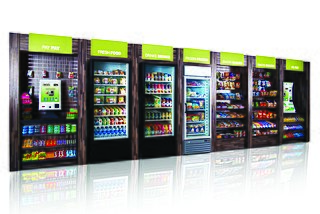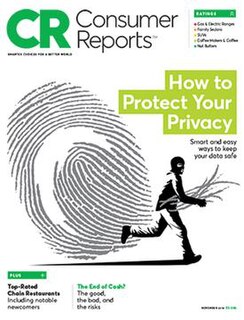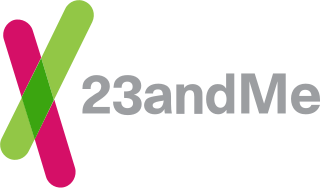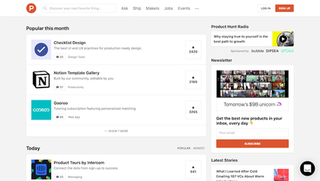A microbrand is a small-scale brand recognized only in a certain geographic location, or by consumers in a specific micromarket or niche market. [1] The majority of microbrands are owned by a microbusiness, though this trend is changing due to the expansion of the Internet and advancement of micromarketing tools. The process of identifying and micro-segmenting customers into more refined targets is becoming an efficient and rewarding operation for larger companies and corporations. [2] [3]

Micro Markets are a rapidly growing retail sector, closely tied to the vending machine industry that utilizes automated self-checkout technology in order to operate in locations that need an unattended payment experience. Micro markets are unattended retail environments where consumers can purchase products from open shelves, coolers, or freezers. Consumers use a self-checkout kiosk to purchase their products. They are a hybrid form of vending, foodservice, coffee service and convenience stores that provide an improved customer experience, exponentially increases product variety and increases sales within a single location while keeping labor costs down and increasing operational efficiencies. Since they exist in this realm, the National Automatic Merchandising Association (NAMA) “recognize[s] [Micro Markets] as one of its focus channels along with vending, foodservice and refreshment services".
A niche market is the subset of the market on which a specific product is focused. The market niche defines the product features aimed at satisfying specific market needs, as well as the price range, production quality and the demographics that it is intended to target. It is also a small market segment.

The Internet is the global system of interconnected computer networks that use the Internet protocol suite (TCP/IP) to link devices worldwide. It is a network of networks that consists of private, public, academic, business, and government networks of local to global scope, linked by a broad array of electronic, wireless, and optical networking technologies. The Internet carries a vast range of information resources and services, such as the inter-linked hypertext documents and applications of the World Wide Web (WWW), electronic mail, telephony, and file sharing. Some publications no longer capitalize "internet".
Microbrands are most frequently associated with products such as watches, [4] instruments, undergarments, automobiles, and jewelry.
Microbrand watches are wristwatches produced by independent watch companies that have an output of about 300-2000 watches per year.

Undergarments are items of clothing worn beneath outer clothes, usually in direct contact with the skin, although they may comprise more than a single layer. They serve to keep outer garments from being soiled or damaged by bodily excretions, to lessen the friction of outerwear against the skin, to shape the body, and to provide concealment or support for parts of it. In cold weather, long underwear is sometimes worn to provide additional warmth. Special types of undergarments have religious significance. Some items of clothing are designed as undergarments, while others, such as T-shirts and certain types of shorts, are appropriate both as undergarments and as outer clothing. If made of suitable material or textile, some undergarments can serve as nightwear or swimsuits, and some are intended for sexual attraction or visual appeal.








